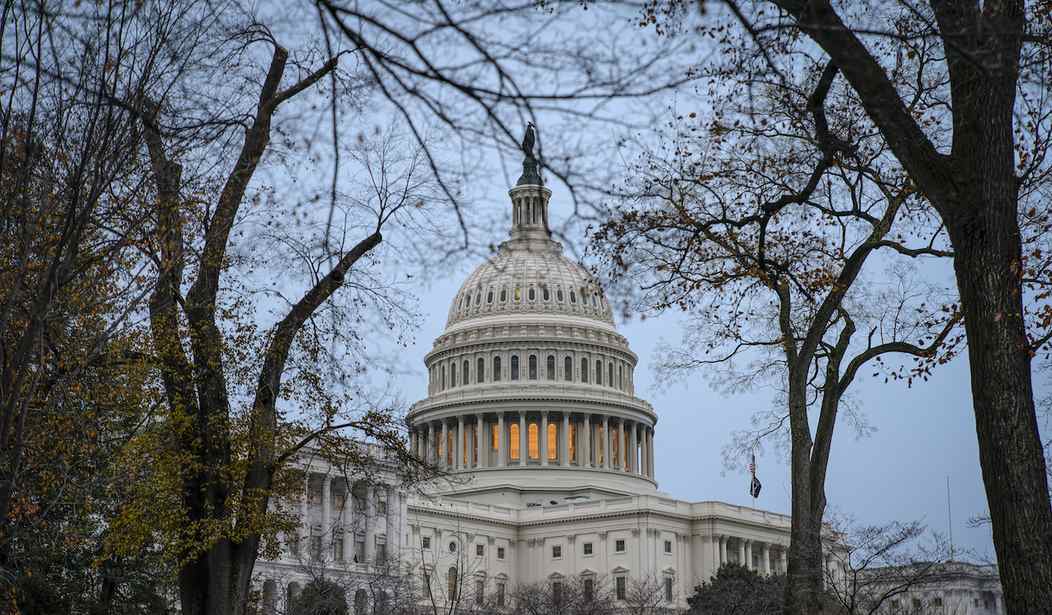“An informed citizenry,” the U.S. Supreme Court wrote in a 1978 Freedom of Information Act (FOIA) case, is “vital to the functioning of a democratic society, needed to hold the governors accountable to governed.” Or, in other words, open and transparent government is essential to a free society.
Unfortunately, government leaders and bureaucrats at all levels often seek to close, not open, government operations to the public. This troubling trend of government secrecy is perhaps most startling in America’s K-12 schools, where openness and transparency should be the presumed standard, not outcomes to be evaded. More and more, public school districts are evading transparency, hiding curriculum, and challenging those who question them—underscoring the importance of state public records laws that empower Americans to keep their government accountable.
It happened in Rhode Island, where concerned mom Nicole Solas sought information about what her daughter would learn in kindergarten—only to be stonewalled with a $74,000 public records fee demand from the district and ultimately a lawsuit from the nation’s largest teachers union.
It happened in Virginia, where two moms legally obtained materials that showed how much the Fairfax County school district was paying in legal bills, removed confidential details, then published some of the documents online to inform other families. In an unconstitutional attempt to shut down these moms’ free speech, the district responded by suing them and demanding they take down the documents down.
It happened in Michigan, where a school district stonewalled a mom who wanted more information about a diversity, equity, and inclusion training, claiming that the public education materials were protected by copyright, and thus could not be disclosed.
Recommended
It happened in Minnesota, where a school district tried to charge a group of parents $900,000 to access documents related to Critical Race Theory.
But citizens, including concerned parents, are not without remedy.
While many are familiar with the federal FOIA, some may be surprised to learn that each state has its own public records law that applies to state and local governments. This includes state agencies, departments, cities, towns, school districts, and other entities that engage in public business or receive taxpayer money.
The purpose of state public records laws is to ensure that public activities are open to public review. Under these laws, there is a strong presumption in favor of disclosure, meaning transparency is the rule, and secrecy is the exception. There are also review processes in place in each state where citizens can seek relief when public records responses do not comply with state law. State transparency laws, in fact, are often broader than and more protective of transparent government than the federal FOIA.
Despite the breadth and favorability of these laws, many citizens are hesitant to use them, either thinking the laws too complex, or better left to lawyers and other experts. That should not be the case. Public records laws are designed with the public requester in mind, and they are strong tools available to all citizens to ensure open government. As such, they should be used by all of us—often.
The public records process begins with a public records request. A clear public records request can often make the difference between prompt production of responsive information, or delay, fees, and denial. There are many guides available online, including one prepared by my organization, the Goldwater Institute, to assist the public with drafting effective public records requests.
After a request is submitted, the governmental body must respond to it, often under strict timelines. If the government believes that records should be withheld under a specific exemption to disclosure, the burden is frequently on the government to prove that an exemption applies. So, if records have been withheld, requesters should always ensure that the government has stated the basis for, or otherwise justified, the withholding.
What’s more, public entities often want to comply with requests, so they can close them out and move on to the next one. As a result, requesters should consider discussing records requests with public records custodians to clarify the requests and ensure the entity is providing information that is responsive and useful. (Just make sure to document any discussions!)
If, at the end of the day, a public entity is refusing to provide information that is responsive and not exempt from disclosure, an administrative complaint or litigation may be necessary. Again, there are many organizations that can assist with this process, including the Goldwater Institute. If a requester needs legal assistance, she should ensure that she has the original written records request, the public body’s response, and any other communications that may be helpful to provide to a reviewing attorney or organization.
Transparent government is indeed essential to a free society. But ensuring transparency depends upon an engaged citizenry. As parents, taxpayers, voters, and community members, we should all consider ways to promote government transparency, and then use public records laws to obtain information about government operations.
Citizens have a right to know what our government is up to, and to hold it accountable when it strays from its obligation for openness.
Jon Riches is the Director of National Litigation at the Goldwater Institute.

























Join the conversation as a VIP Member